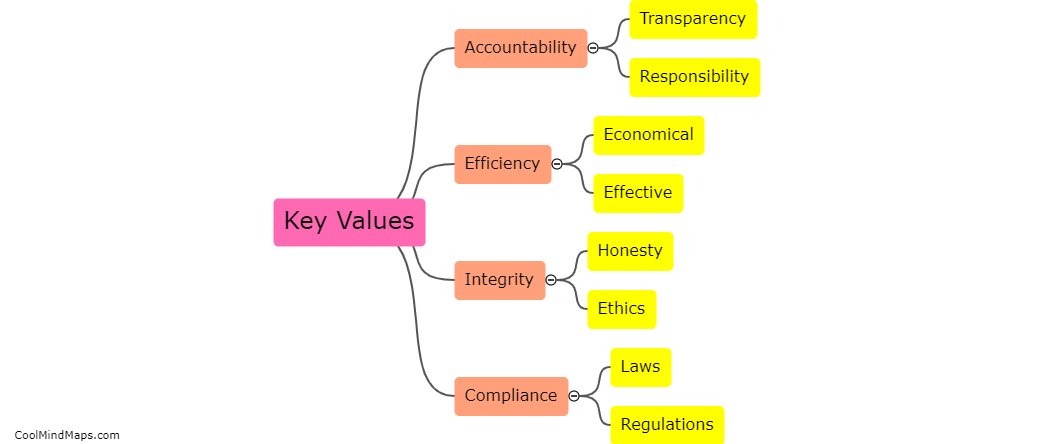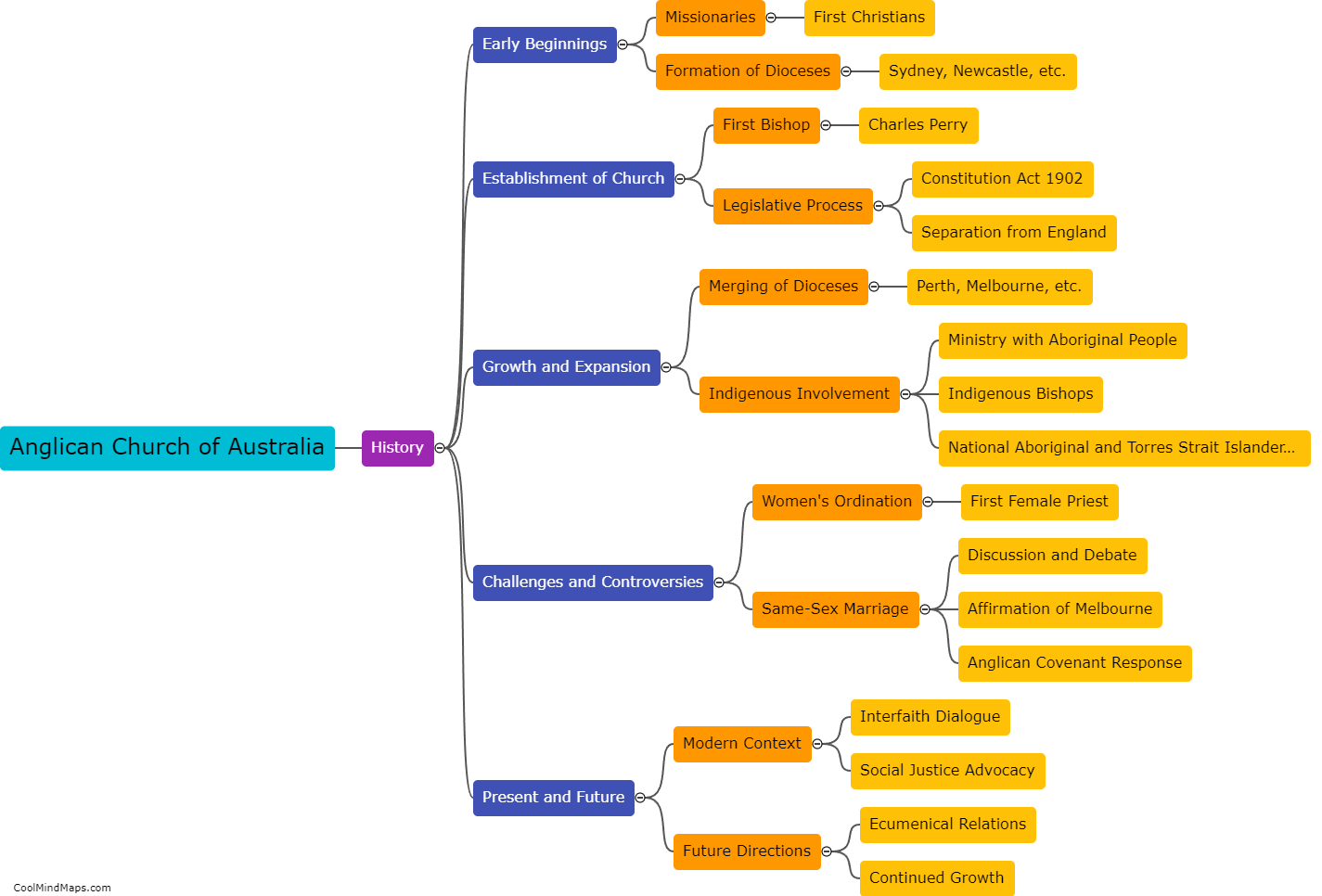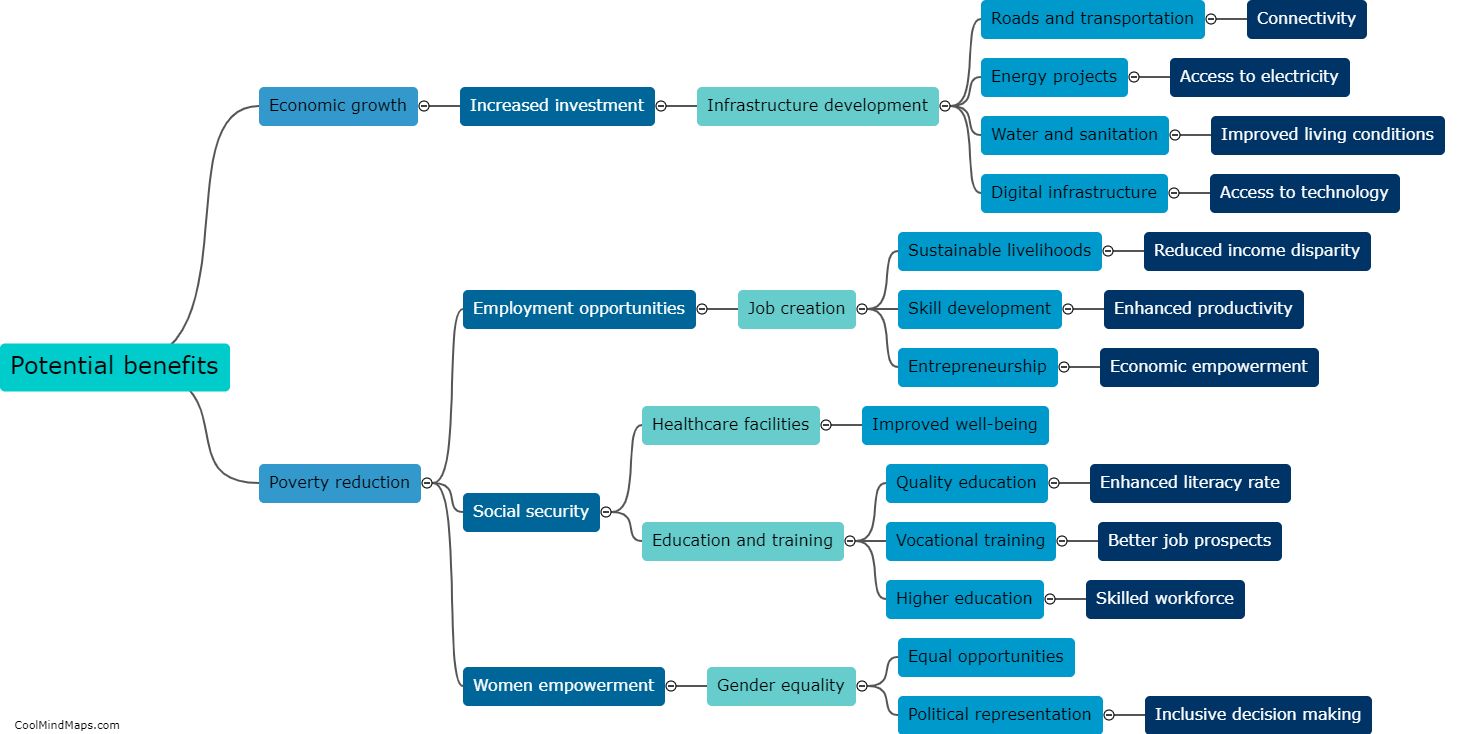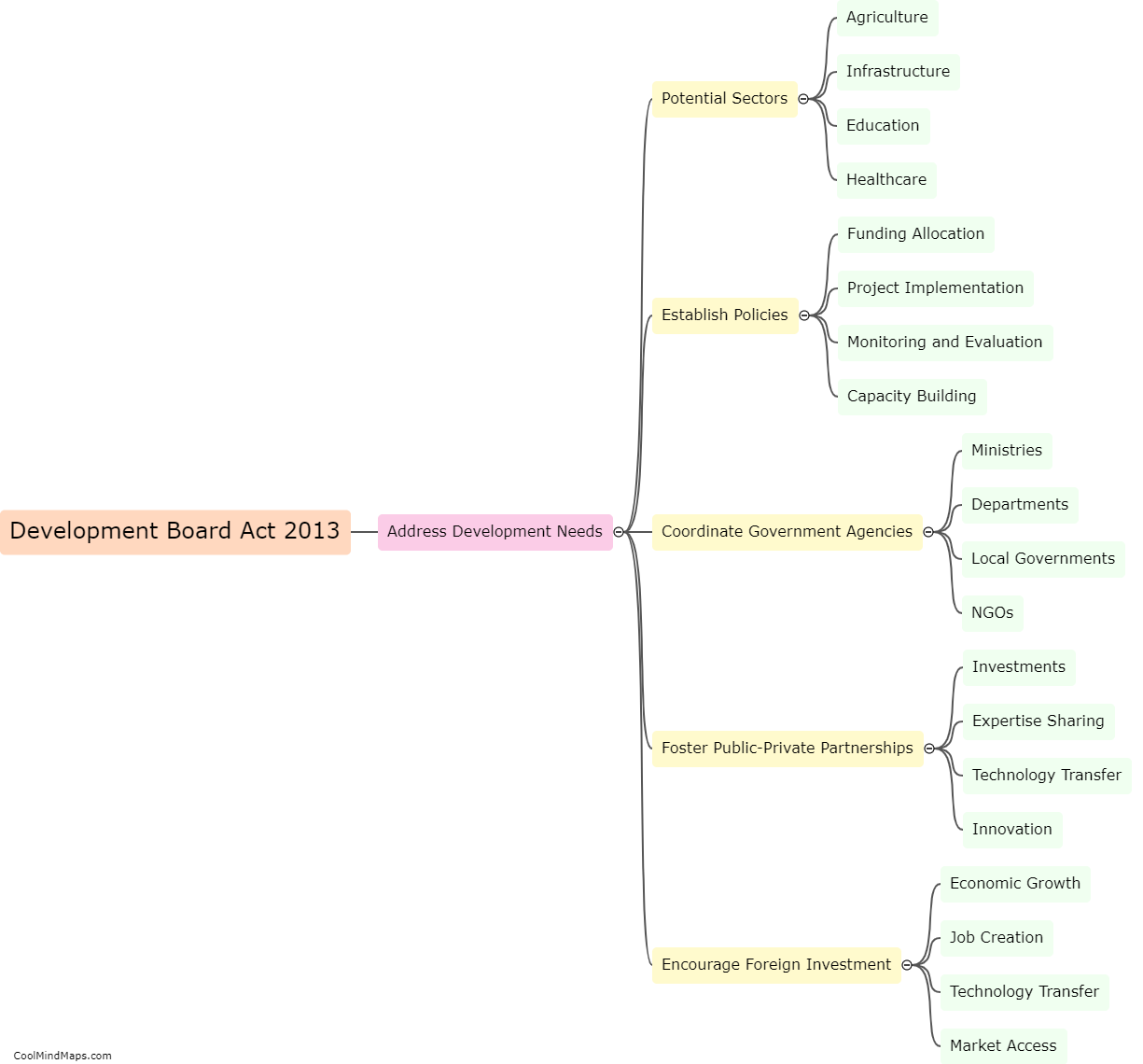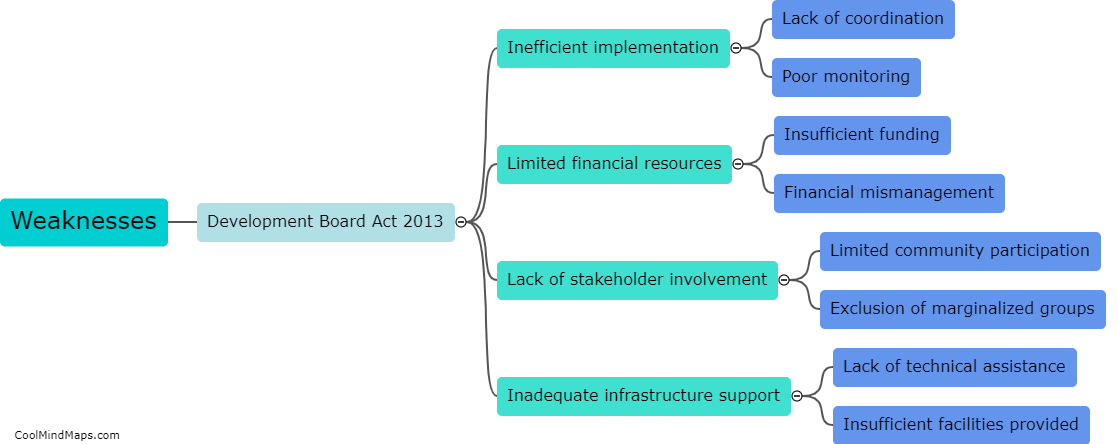How does the Development Board Act 2013 fall short?
The Development Board Act 2013, which was implemented in many countries to govern the operations of development boards, has faced criticism and been deemed inadequate in several aspects. One significant shortcoming of the Act is its lack of clear accountability mechanisms. While it establishes development boards to oversee and champion economic and social development projects, it fails to outline concrete provisions for measuring their effectiveness and holding them accountable for their actions. The absence of clear targets, performance indicators, and reporting requirements makes it difficult to evaluate the success or failure of development boards in achieving their objectives. This lack of accountability hampers transparency, undermines public trust, and may lead to misuse of resources. Additionally, the Act lacks provisions for ensuring adequate representation and participation of marginalized communities and stakeholders in decision-making processes, which threatens to perpetuate existing social and economic inequalities. Overall, these shortcomings undermine the potential of development boards to deliver sustainable and inclusive development.

This mind map was published on 26 November 2023 and has been viewed 105 times.
